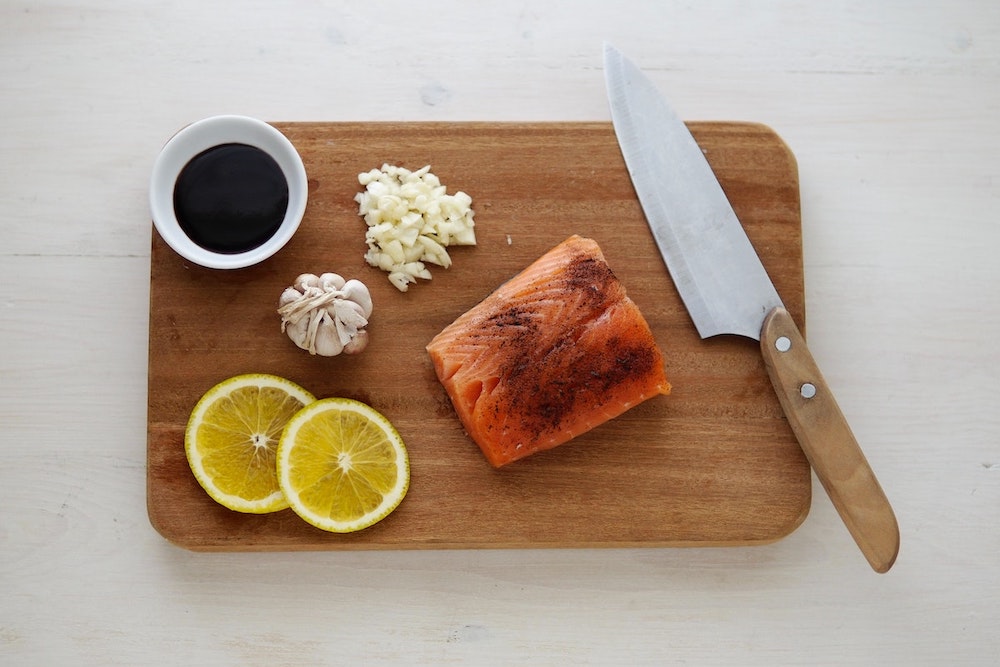
Pasta. Milk. Cereal. Chocolates. Rice. Fruits. Bread. Cheese.
For the last week, I’ve cut out these foods and more out of my diet. What was left? Proteins, vegetables, and legumes, mostly.
I’ve been following the Slow Carb Diet, first popularized in the book The 4-Hour Body.
The diet cuts out all carbohydrates except for those that are slowly digested, like beans, lentils and other legumes. It also cuts out fruits and dairy to improve blood sugar control. Once a week, I get a “cheat day” when I can go ham.
I’m not going to say “It’s only been a week and I’ve lost X pounds already!” because I’m not tracking my body weight.
I decided to do the Slow Carb Diet to challenge myself and my nutrition habits. I wanted to test my willpower against eating foods that I took for granted.
I asked myself: “Even if my body stayed the same, how would my mind change?”. Here are some changes I noticed.
Changes
The diet has given me consistent mental clarity. I don’t feel foggy before or after meals, nor do I feel clearer. Food has simply stopped correlating to my mental acuity.
I also feel satiated for longer periods, so I’m rarely thinking about snacking between meals. In that sense, hunger has also become standardized. Because I’m eating the same few foods in the same amounts, I’ve become more aware of when I become hungry.
The best part, though, is that I’m thinking much less about food. When I’m cooking, I don’t think much about what to make. When I’m shopping for groceries, I don’t suffer from the paradox of choice. My mind goes on autopilot, as if I’m brushing my teeth or tying my shoes.
Food has become a constant rather than a variable in my life.
Psychology
The diet forces you to be clever in making simple meals flavorful, so I’ve started experimenting with various combinations of spices and herbs. It’s taught me a lot about how flavors work. I now understand how to make meals tastier without adding calories.
I have also started to discern and enjoy simple flavors a lot more. I can taste the sprinkle of salt in my chicken or the squeeze of lemon in my vegetables. Even a handful of ice cubes in a glass of water feel good.
On a larger scale, the diet has been a practice in self-discipline against flavors that I’m evolutionary hardwired to crave. I’m constantly denying myself the kinds of foods that helped my ancestors survive starvation and pass along their genes.
It does feel difficult. Knowing that I can't have something makes me want it even more. But that also gives me a reason to reward myself every time I suppress a craving.
And looking at the bigger picture, I know there's an even bigger reward: practicing the lost art of saying “no”, especially in an age of abundance.

Written by Aryan Bhasin